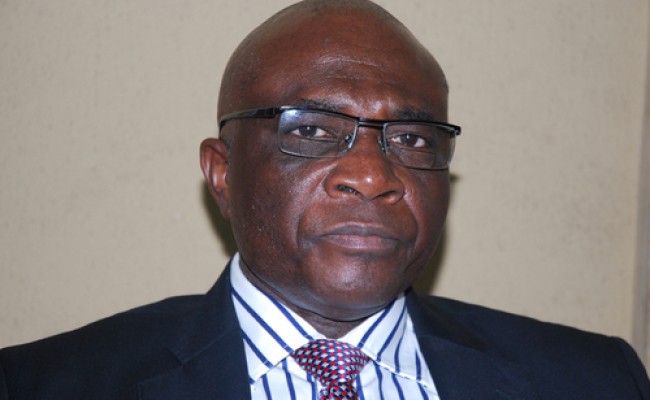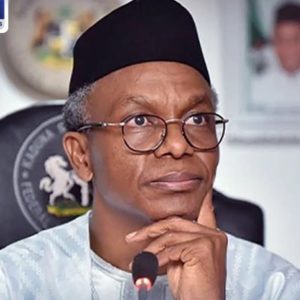
-by Willy Okonji-
The Presidency has expressed strong confidence that the current economic hardships facing Nigerians will ease in the near future as President Bola Tinubu’s economic reforms begin to yield results.
Speaking to journalists in Lagos on Sunday, Bayo Onanuga, Special Adviser to the President on Media and Information Strategy, assured citizens that the administration’s policies are laying the groundwork for long-term, sustainable growth.
“A lot of reforms have taken place across sectors. The President has laid down many fundamentals that would ensure growth,” Onanuga said. “We understand the pain Nigerians are going through, but we urge them to be patient. Change takes time.”
He emphasized that assessing major economic reforms takes years, not months. “Globally, analysts don’t judge the results of economic overhauls in just two years, they look over a decade or more,” Onanuga argued. “The Tinubu administration came in with clear policy directions and the political will to confront structural issues that past governments left untouched.”
Onanuga pointed specifically to the removal of the fuel subsidy, describing the dire financial situation that made it unavoidable. “There was no fuel. Many stations were simply closed,” he recalled. “The NNPC was flat broke, owing about $6 billion to suppliers, while the government itself owed the NNPC ₦4 trillion. It just couldn’t go on like that.”
Addressing concerns about the country’s borrowing, Onanuga framed Nigeria’s debt profile as part of global economic practices. “Even the U.S. borrows,” he remarked. “What matters is how the money is used. In our case, borrowed funds are going into critical infrastructure, like the coastal roads which will drive long-term economic value.”
On the sensitive topics of inflation and currency devaluation, Onanuga maintained that these are not problems unique to Nigeria. “These are universal economic challenges,” he said. “Look at the UK, the U.S, they’ve faced similar pressures. We can’t redefine basic economic principles just because we’re Nigeria.”
Despite the current struggles, Onanuga pointed to early signs of resilience in the private sector. “Companies like Nestlé and Nigerian Breweries, which were initially hit hard by inflation and supply chain issues, have now adjusted by sourcing materials locally and are returning to profitability,” he said. He also highlighted opportunities in agriculture, citing individuals profiting from the export of cocoa and Zobo.
“There are opportunities in this economy for those prepared to seize them,” Onanuga stressed. “We’re not in a period of stagnation, we’re in a period of transformation.”
While acknowledging that challenges remain, the presidential aide urged the media and public not to focus solely on negative narratives. “We don’t do our people any good by constantly amplifying stories of gloom and doom,” he warned. “They need to see the truth, understand the context, and know that there’s light at the end of the tunnel.”





